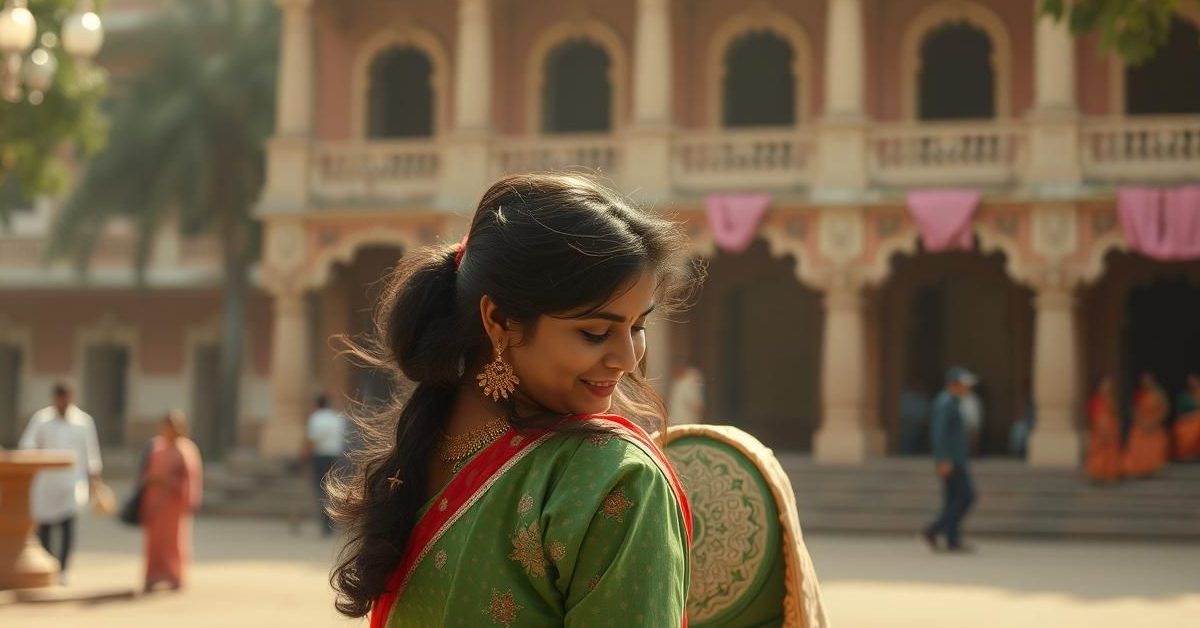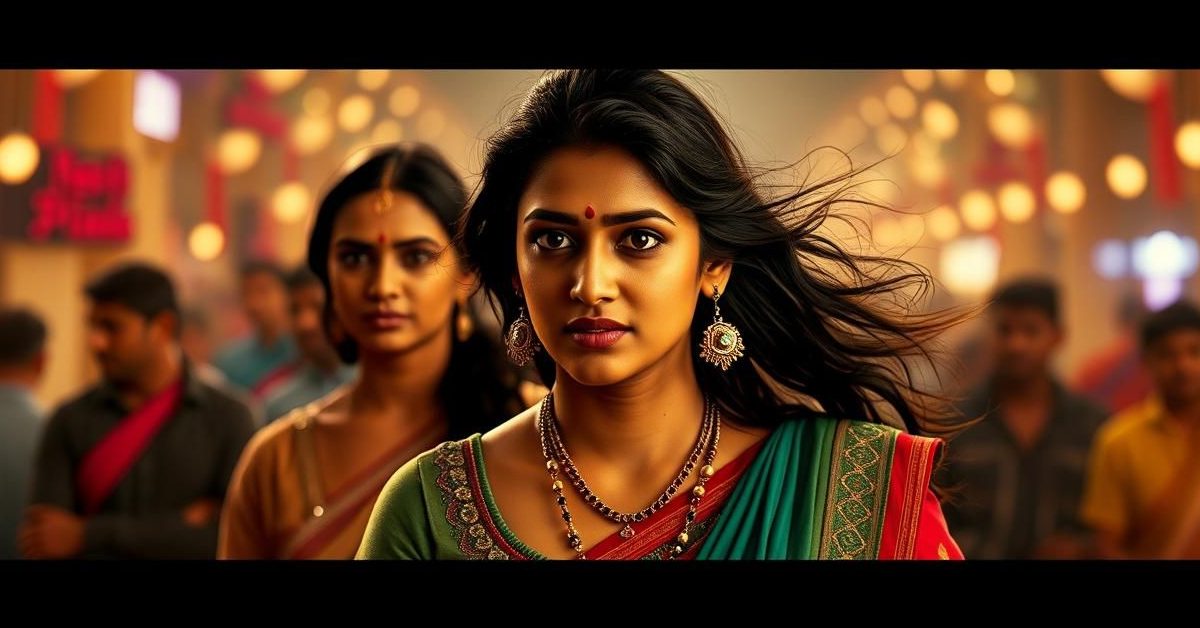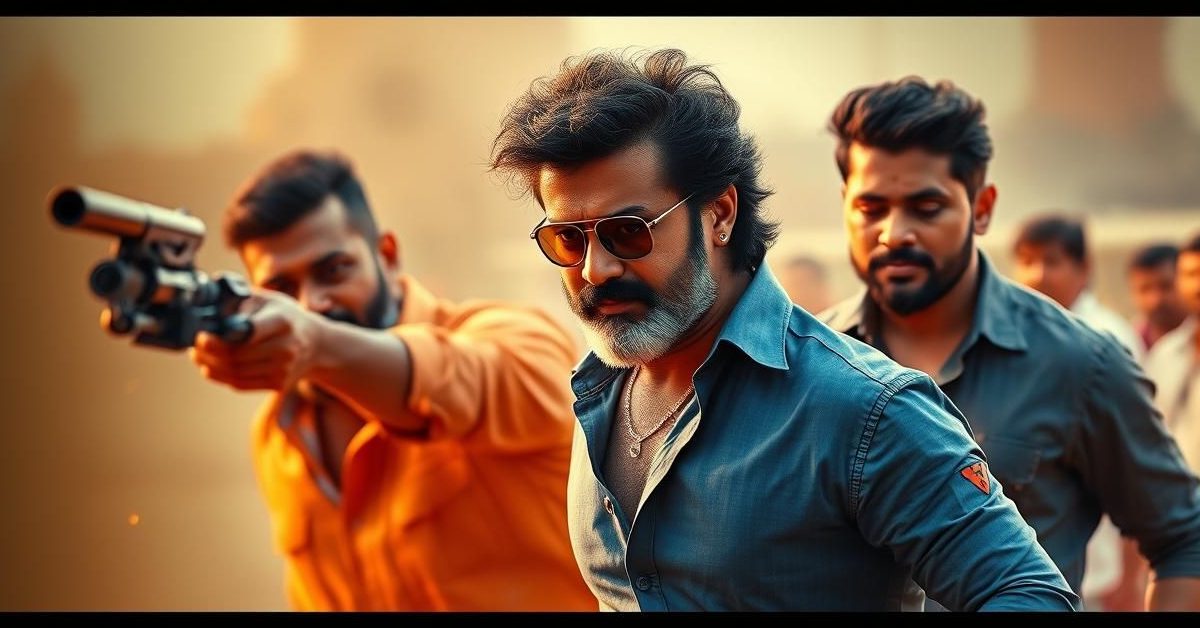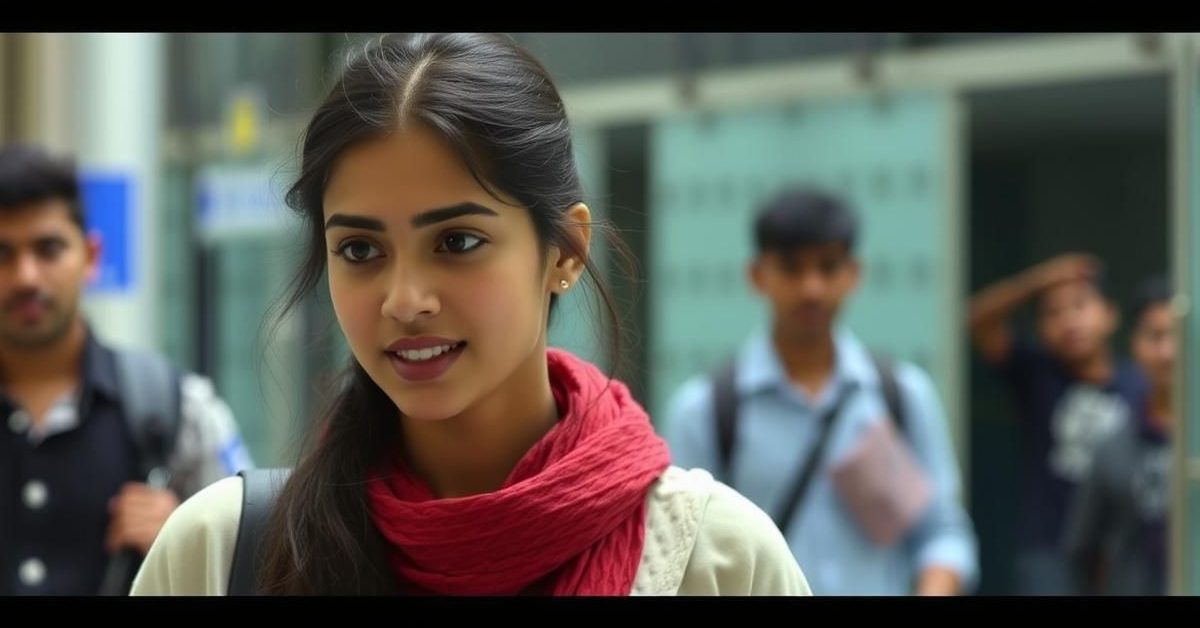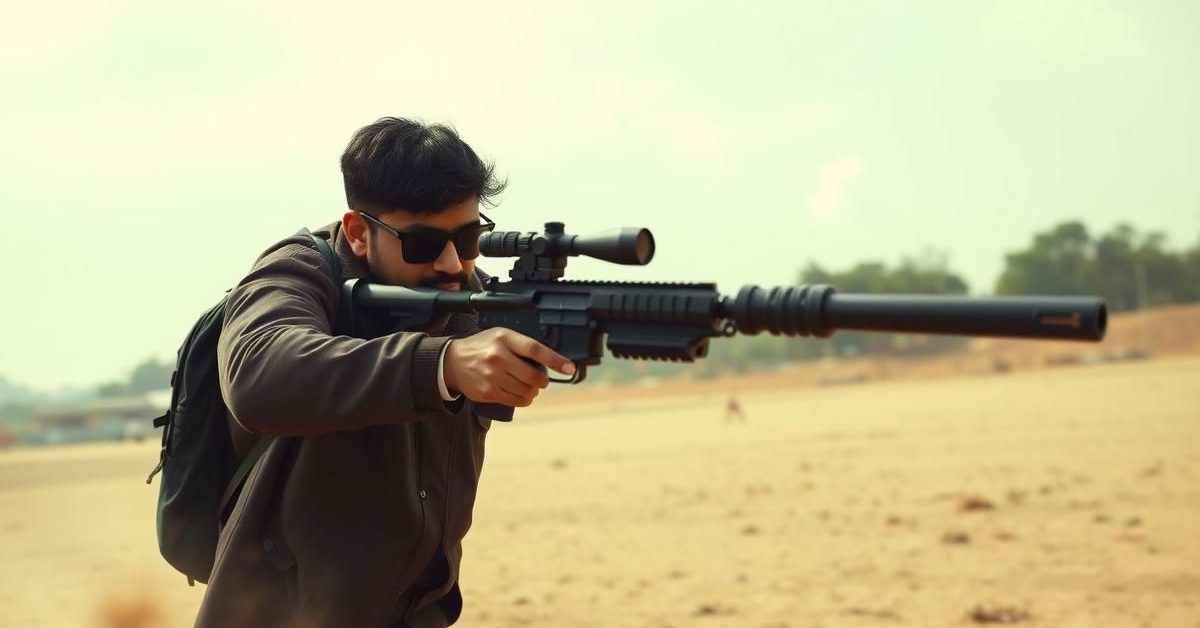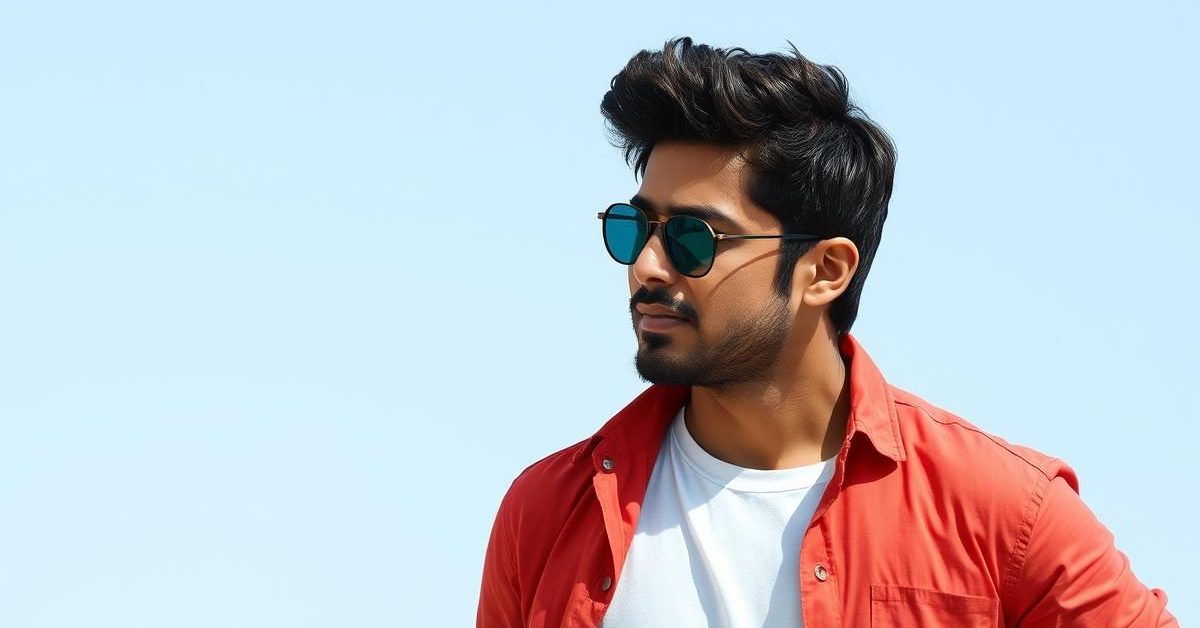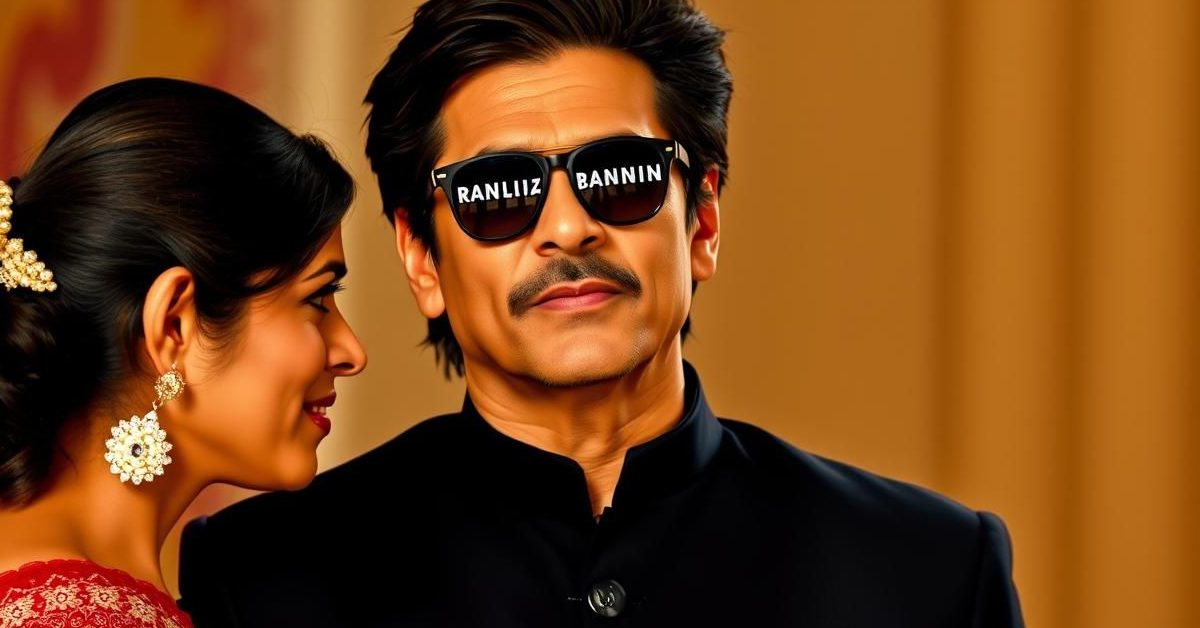Dhadak 2 takes on the vital issue of caste discrimination through a passionate, yet sometimes performative, love story between Triptii Dimri and Siddhant Chaturvedi, struggling to fully land its emotional punches.
A Bold Premise
This film serves as a spiritual sequel to the 2018 movie ‘Dhadak’ and is an adaptation of Mari Selvaraj’s acclaimed Tamil film ‘Pariyerum Perumal’. It dives headfirst into the grim realities of casteism, setting its story in a law college in a city resembling Bhopal.
Here, Neelesh (Siddhant Chaturvedi) and Vidhi (Triptii Dimri) are students. However, an invisible, rigid line divides them: Neelesh belongs to a lower caste and hides his surname, while Vidhi hails from an upper-caste Brahmin family.
Love in the Face of Discrimination
The film attempts to showcase the harsh realities Neelesh faces. He endures constant humiliation, from people urinating on him to muck being thrown his way. This eventually pushes him towards a ‘fight or die’ mentality.
A romance blossoms between Neelesh and Vidhi, but the reviewer notes that their passion often feels “performative.” While both actors deliver compelling individual performances, the chemistry between them, especially compared to their previous work, doesn’t always ignite the screen.
Unpacking Complex Issues
‘Dhadak 2’ is unafraid to tackle a range of crucial social topics. Beyond casteism and classism, it touches upon feminism and gender identities. The narrative includes scenes that resonate with real-life incidents, such as a student suicide mirroring the Rohith Vemula case.
Vidhi, despite her privileged background, often struggles to grasp the depth of the systemic discrimination Neelesh faces. Her initial blindness to these realities reflects a broader societal ignorance, a point the film actively tries to challenge.
A Crowded Canvas
The film introduces several subplots and supporting characters, from a vigilante cleansing ‘societal dirt’ to Vidhi’s prejudiced family members and Neelesh’s father, whose profession as a cross-dresser dancer brings him shame. While these elements add layers, they sometimes crowd the central narrative.
Despite its flaws, the film is seen as a significant step forward from its predecessor. It’s timely, relevant, and dares to be as political as a mainstream Bollywood film can be, opening with the powerful quote: “When injustice becomes law, resistance is duty.”
- The film bravely addresses systemic caste discrimination and class divides.
- Triptii Dimri and Siddhant Chaturvedi deliver strong individual performances.
- It attempts to ignite important conversations about social injustice and privilege.
- The romantic chemistry between the leads often feels forced or performative.
- The narrative sometimes sacrifices emotional depth for declarative speeches.
While ‘Dhadak 2’ may not be a perfect film, its commitment to shining a light on deeply ingrained societal issues makes it an important watch in contemporary Indian cinema.
